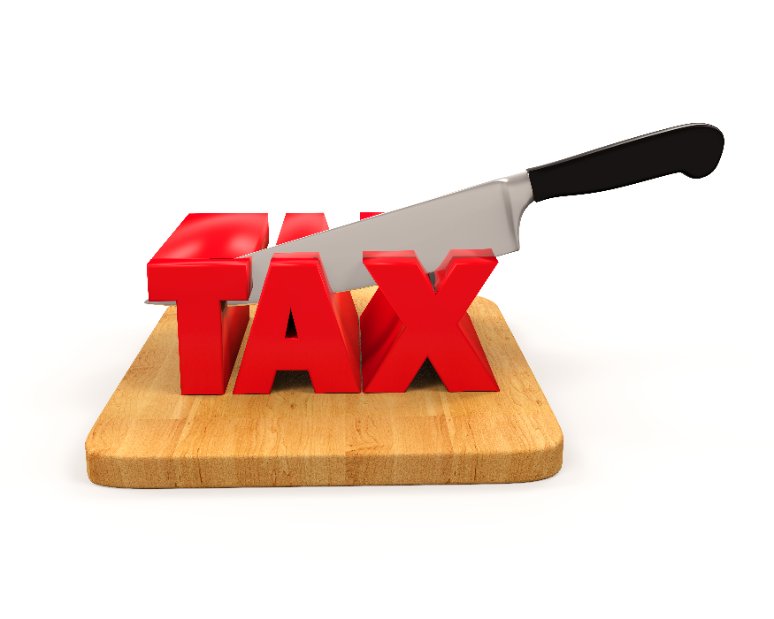Activity 8k: Stage 3 tax cuts controversy – a weakness of budgetary policy?

- The tax cuts can be summarised as involving the general flattening of the income tax system via the removal of the 37% tax bracket resulting in those earning incomes between $45,000 and $200,000 being taxed at a relatively low marginal rate of 30%.
- These cuts effectively flatten the nature of the personal income tax system in Australia because it reduces the progressivity that is built into the system. It means that individuals can earn increasingly higher incomes, up to $200,000 (which is considered to be a relatively high income), without moving into a higher tax bracket (e.g. the 37% bracket that will be removed). It is relatively flatter because someone earning 45,001 (which is a relatively low income) will be paying the same ‘marginal’ right of tax as someone earning $200,000.
- It might not be in Australia’s best interests because of the growing pressure on both the budget deficit and net government debt. The ageing population will be exerting downward pressure on the size of government revenue in the future as well as greater pressure on the size of government expenditure via aged care and health. This combines with the greater pressure on government expenditure coming from disability support, climate action and and defence spending in light of the need to protect against emerging threats in the pacific. [The recent government commitment to spend approximately $370 billion on nuclear submarines over the next 25 to 30 years under the AUKUS pact.]
- This can represent a weakness of budgetary policy if it is accepted that the delivery of the stage 3 tax cuts is no longer in Australia’s best interests and the government’s unwillingness to repeal the measure is due entirely to a reluctance to accept the risk of losing support at the next election. In other words, it would represent a weakness of policy by virtue of the political bias that leads to the delivery of some government measures that serve the political interests of the party in power rather than the economic or social interests of the country.
